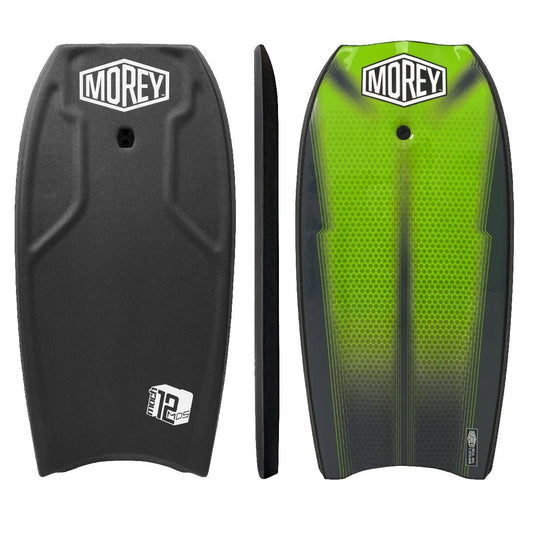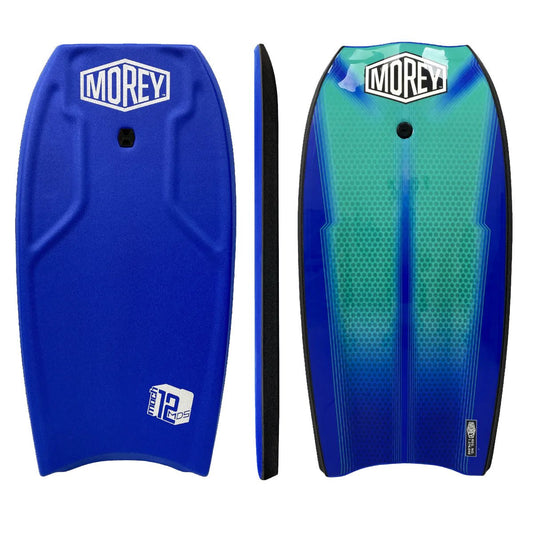
Bodyboarding: the rebellious brother of surfing, is it regaining its independence?
Share
Bodyboarding: the rebellious brother of surfing, is it regaining its independence?
A few months before the Olympic Games in France, where surfing will be in the spotlight, a few die-hard passionate bodyboarders have just launched a new competition format without affiliation to the French Surfing Federation (FFS) and the antithesis of the surf system.
Bodyboarding has always been a separate discipline. Considered the little brother of surfing, born in its modern version in the 70s by her father Tom Morey, bodyboarding had its golden age in the 80s and 90s with worldwide success.
A small foam board with which to have fun in the waves, more affordable than a surfboard, easier to access and with the guarantee of having gliding sensations and enjoying the ocean. Who didn't have a BZ board or the famous Mach 7-7 from Morey Boogie in their garage?
In fact, it had even become common to call a bodyboard a Morey. The surfing industry reveled in the wave of practitioners created by bodyboarding for many years before turning its back on it to concentrate its efforts on shortboarding, which it would designate as the only valid discipline for the next few decades. The discipline emptied of financial support from the giants of the industry and shelved from the “surfing” media could clearly have died and disappeared from the beaches. But here it is, bodyboarding in just 20 years had already created a real culture with legendary icons like Mike Stewart, Ben Severson, Paul Roach, Keith Sasaki and kids from all over the world were passionate about this practice. A culture with the values common to surfing but which has never been perverted by money.
At the end of the 90s, we already feel bodyboarders wanting to emancipate themselves from the surfing industry as when the AFB was created with a national tour in parallel with the FFS competitions, until the arrival of Matthieu Walbrou who redefined what a bodyboarding competition should be, changing the judging criteria and restoring bodyboarding's place within the FFS for many years.
But now, almost 20 years later, bodyboarding has fallen back into the trappings of its big brother: less and less exciting competitions while the level is among the best in the world, a lack of dynamism, no more European or world championships.
In 2022, it was then time to redefine again what a bodyboarding competition should be and since the subject does not interest the FFS, then it will be without it.
The BZ Rebel Tour therefore lays the foundations by taking up what makes up the DNA of the discipline: a competition launched only on an adapted wave offering hollow waves and allowing you to perform tubes and aerial maneuvers; only when the conditions are favorable, therefore on a waiting period with the official launch a few days before; by invitation to avoid lengthy competitions where participants spend their weekends waiting on the sand; with a longer series format and over two laps, allowing you to surf longer; a scoring system based on two criteria: the best move and the best combo encouraging competitors to aim for excellence on each wave surfed; finally, a competition independent of any financial pressure, the participants pool the prize money with their registration, the winner takes it all.
A competition where fun, the pleasure of sharing a moment between enthusiasts, and where action are at the rendezvous. But also the first stone laid to organize and judge this discipline differently, definitely apart.
The first edition has just been held in La Salie, Martin Mouradian wins the event ahead of Ethan Capdeville and Jérémy Arnoux.



